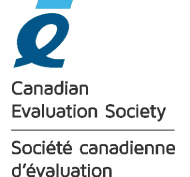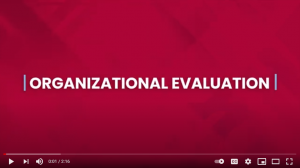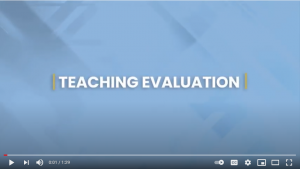The resources page provides information on the evaluation profession as well as useful evaluation websites. This page will continue to be developed over time, so keep checking back. If you have a resource that you think should be highlighted,
contact us at cesab-admin@evaluationcanada.ca

WHAT IS EVALUATION?
The Canadian Evaluation Society (CES) defines evaluation as “the systematic assessment of the design, implementation or results of an initiative for the purposes of learning or decision-making”. CES provides additional information on the definition and its key elements (systematic, assessment, initiative, purposes) at https://evaluationcanada.ca/what-is-evaluation.
The American Evaluation Association provides information from members’ perspectives about what evaluation means to them, how they approach evaluation, and what they find rewarding in their work from the following points of view:
WHAT ARE SOME USEFUL EVALUATION WEBSITES?
- Canadian Evaluation Society, in addition to providing a definition of evaluation, provides resources such as ethics information, and the Program Evaluation Standards. There are additional resources for members including grey literature and reference books.
- BetterEvaluation is a global collaboration with the aim of improving practice and theory. The website has information on evaluation methods, approaches and resources.
- Canadian Journal of Program Evaluation is a bilingual, open access (free) journal published three times a year by CES. The journal includes evaluation articles, research and practice notes as well as book reviews.
- EvalPartners is a partnership between the International Organization for Cooperation in Evaluation and the United Nations. The website includes toolkits as well as a virtual library.
- Evaluation Checklist Project, Western Michigan University aims to advance excellence in evaluation by connecting practitioners with high quality checklists to guide their work.
- EvalIndigneous is a multi-stakeholder partnership which, through the recognition of the different world views and valuing the strengths of Indigenous evaluation practices aims to advance the contribution of Indigenous evaluation to global evaluation practice.
- The First National principles of ownership, control, access and possession (OCAP) assert that First Nations have control over data collection processes, and that they own and control how this information can be used.
- CES National website includes a directory of evaluation post-secondary courses for those seeking learning opportunities.




